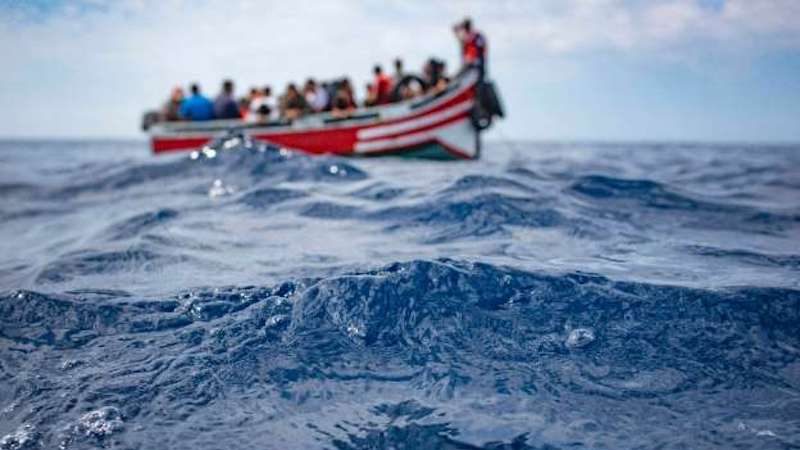Migrant pushbacks result in human rights violations and are incompatible with States’ obligations under international human rights law, according to a report by the UN Special Rapporteur on the human rights of migrants, Felipe González Morales.
The report, which will be presented during the UN Human Rights Council 47th session currently underway, is an extensive study that aims to address the impact of pushbacks of migrants’ human rights on land and at sea.
González Morales’ work focuses on five themes: The current pushback practices and trends, including during the COVID-19 pandemic, the impact of pushbacks on the human rights of migrants, the views and challenges of States to ensure due process and safeguards, those practices and policies that exemplify a human rights-based approach to border governance and recommendations to States.
Because there is no international consensus on what constitutes a “pushback”, for the purposes of the report, the Special Rapporteur uses the term to include all those “measures, actions or policies effectively resulting in the removal of migrants, individually or in groups, without an individualised assessment in line with human rights obligations and due process guarantees”.
Within the EU, the report outlines a number of pushback practices by a number of countries, such as those of Greece, Croatia, Hungary, and chain pushbacks from Italy among numerous others. It also details reports of the use of force in pushbacks, extraterritorial processing, and pushbacks at sea, including delays in search and rescue and disembarkation.
It describes how the Maltese authorities reportedly conducted pushback practices, such as an incident leading to the collective expulsion at sea of 51 migrants via private vessels, and to the death of 12 migrants, reportedly due to the delay of search and rescue operations in 2020.
The report also notes how a recent set of measures were allegedly undertaken to avoid assisting migrants, arranging unlawful pushbacks to Libya, diverting boats towards Italy rather than rescuing people in distress, unlawfully detaining hundreds of people on ill-equipped ferries offshore, and signing a new agreement with Libya to prevent people from reaching Malta.
The Special Rapporteur also devotes a brief section of the report to the serious allegations concerning Europe’s Border and Coast Guard Agency (Frontex) that claim Frontex-operated surveillance technology on board aerial assets and vessels may have been misused to facilitate pushbacks to Turkey and Libya. These allegations have led members of the European Parliament to establish a working group in order to investigate Frontex’s compliance with and respect for human rights, and its adherence to its own transparency and accountability standards.
The report found that even though States have an obligation to respect, protect and fulfil the rights of everyone in their territories or jurisdictions, as well as search and rescue obligations under international law, pushback is now a widespread practice and has “in many contexts become a routine element of border governance”.
Moreover, many countries allow pushbacks to occur with impunity, while migrants’ access to justice is severely compromised by the lack, or failure, of internal oversight mechanisms to adequately address and prevent violations.
In Malta, for example, former OPM official Neville Gafà has spoken openly about his role coordinating the Armed Forces of Malta and the Libyan Coast Guard that “prevented migrants from entering Malta”. In his latest testimony under oath, Gafà described how he helped coordinate the operation that returned a group of migrants to Libya in April 2020 by a private, Libyan-registered fishing vessel. Fifty asylum seekers have filed constitutional proceedings against the Maltese authorities, calling for an effective remedy for the alleged breach of rights they suffered as a result of the operation.
González Morales concludes the report by listing 17 recommendations and urging Member States to put an end to pushback practices, to fully respect the prohibition of collective expulsion, and to uphold the principle of non-refoulment. He also calls upon States to develop a human rights-based, gender-responsive, age- and child-sensitive approach to migration and border governance, that ensures that the human rights of migrants, including those in an irregular situation, are always the first consideration.
Governments should also acknowledge the role of civil society organisations and human rights defenders in addressing and monitoring instances of pushback. They should provide support to them, including to women’s organisations and women human rights defenders working with migrants, and ensure they do not face legal and practical obstacles in carrying out their work.
As well, states should promptly and thoroughly investigate allegations of human rights violations and abuses at international borders. They should establish effective independent monitoring mechanisms and ensure these are given access to all migration-related facilities and procedures to monitor their compliance with international human rights laws and standards.












